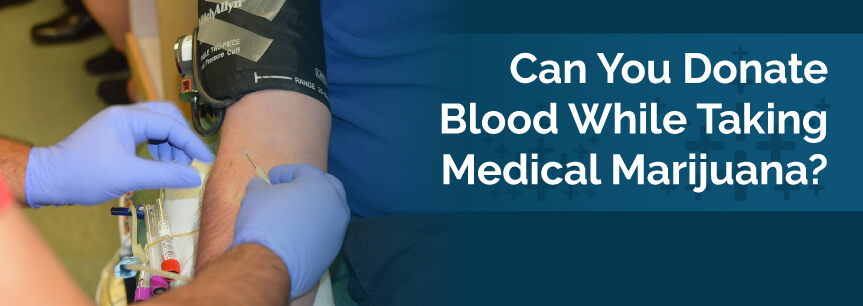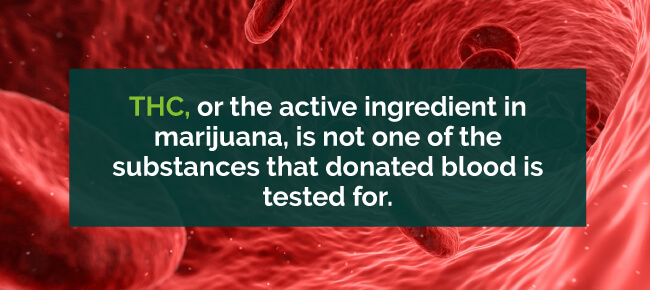
Donating blood is a volunteer activity that many people take very seriously. Donated blood is used for many medical procedures, especially emergencies. The blood you donate could save a life, as the American Red Cross reminds us periodically when blood supplies are low.
If you’ve ever donated blood, you know there’s a screening process to qualify you for donation. There are a series of questions you must answer and a small sample of your blood is tested to be sure it is safe and free of disease. In the 1990s, when HIV was new in this country, there was a risk of contracting the disease from a blood transfusion. Since then, the screening process for donated blood was tightened.
People who have certain types of cancer can’t donate blood because of the risk of spreading the disease — there’s a risk that some component of the disease remains dormant in the blood and could be passed to the blood recipient. If you’ve traveled to certain countries or have been exposed to certain diseases, you’re also asked to wait the incubation period for those diseases before giving blood.
Your donated blood in most cases can’t be tested for a potential disease. The donation center must rely on the information you provide them with to be sure the blood they’re getting will be safe for the recipient. Medical marijuana is also something that could be present in your system but not detectable in the screening interview.
The American Red Cross is the largest blood donor organization in the United States, but the FDA sets the standards for blood donation and inspects donation sites regularly. The Red Cross is responsible for public education about blood donation and for carrying out required blood screening procedures.

THC, or the active ingredient in marijuana, is not one of the substances that donated blood is tested for. There are no specific prohibitions against donating blood if you’re a medical marijuana user. If you’re noticeably under the influence of marijuana, the blood donation center may send you away and ask you to come back when you’re feeling better.
Everyone who donates blood is asked about any drugs they are taking. People who are treating with antibiotics are asked to wait until their treatment is finished. Most over-the-counter medicines and routine prescriptions for blood pressure or birth control won’t keep you from donating blood.
The pre-donation questionnaire asks about illegal drug use. The answers to these questions remain confidential, but can prevent you from being eligible to donate. Injecting illegal drugs makes you ineligible to donate blood for life. Other types of drug use may subject you to a waiting period following your last dose.
Some of the screening process for blood donation is meant to protect the health of the donor. If you’re not well, donating blood may not be a good choice for you.
As a medical marijuana user, here are some things to consider before showing up to the blood donation center to give blood:
With the proper preparation, you can donate blood every 56 days, even when you use medical marijuana.
To learn more about the effects medical marijuana could have on your system, use our search feature to find a marijuana doctor near you. A doctor who’s experienced in using marijuana to treat patients can help you understand the medical benefits of cannabis and how they might help improve your quality of life. They can also answer any additional questions you have about giving blood as a MMJ patient.
No Information on MarijuanaDoctors.Com should be used to diagnose, treat, prevent or cure any disease or condition. You can view our Full Disclaimer here.